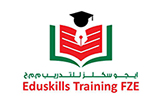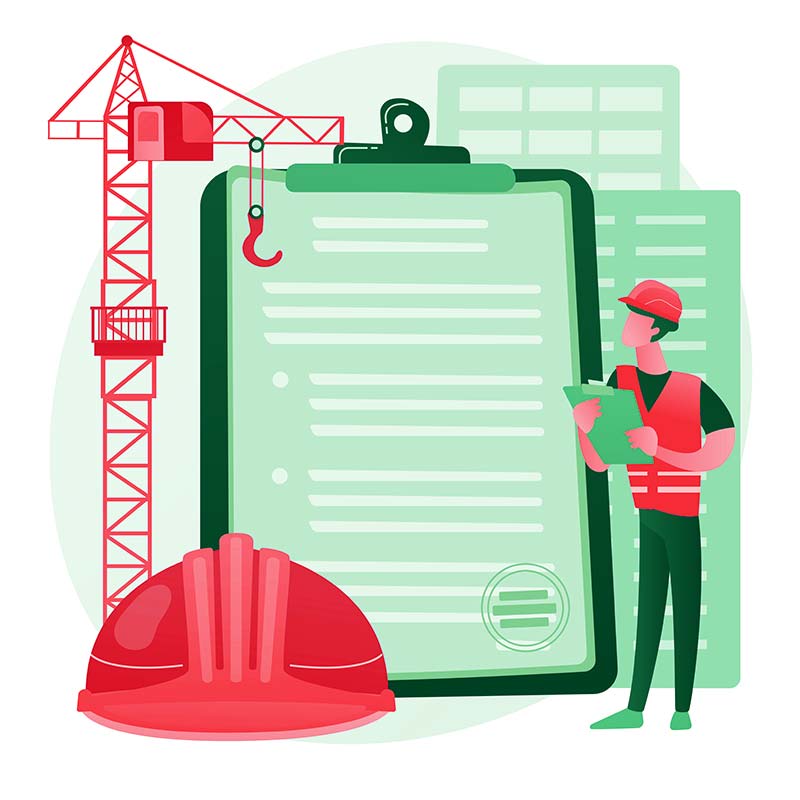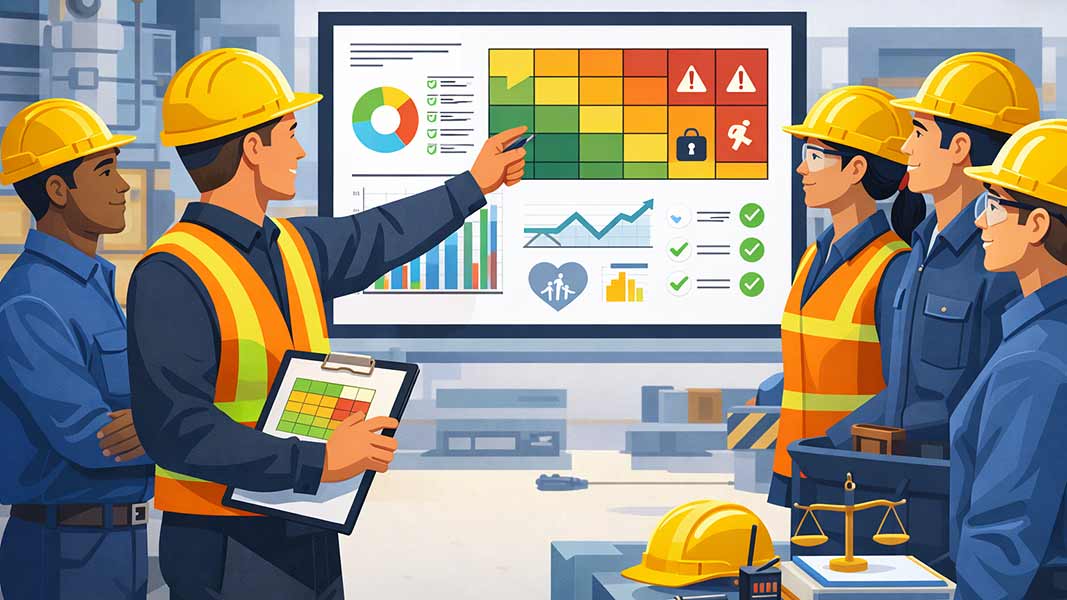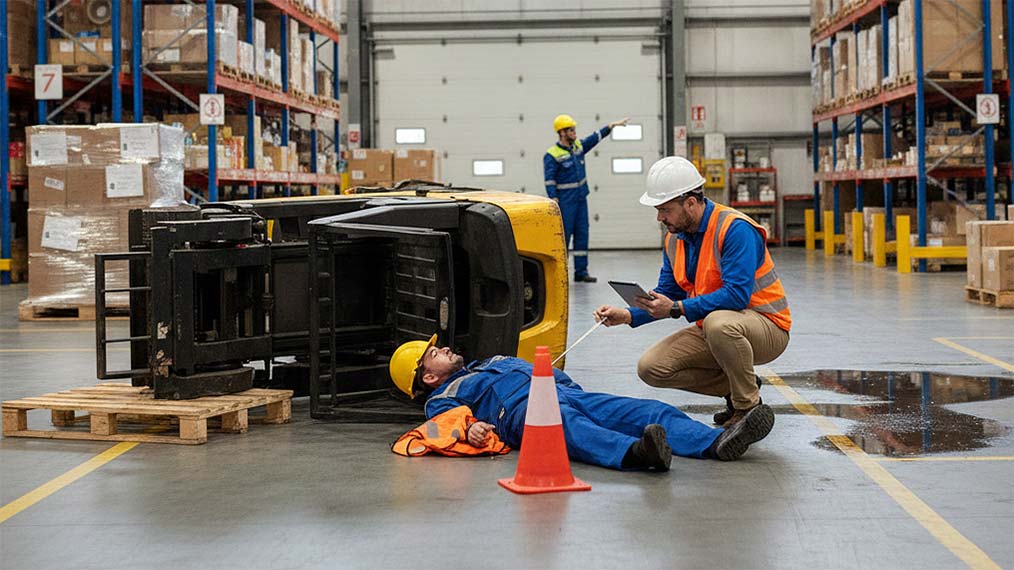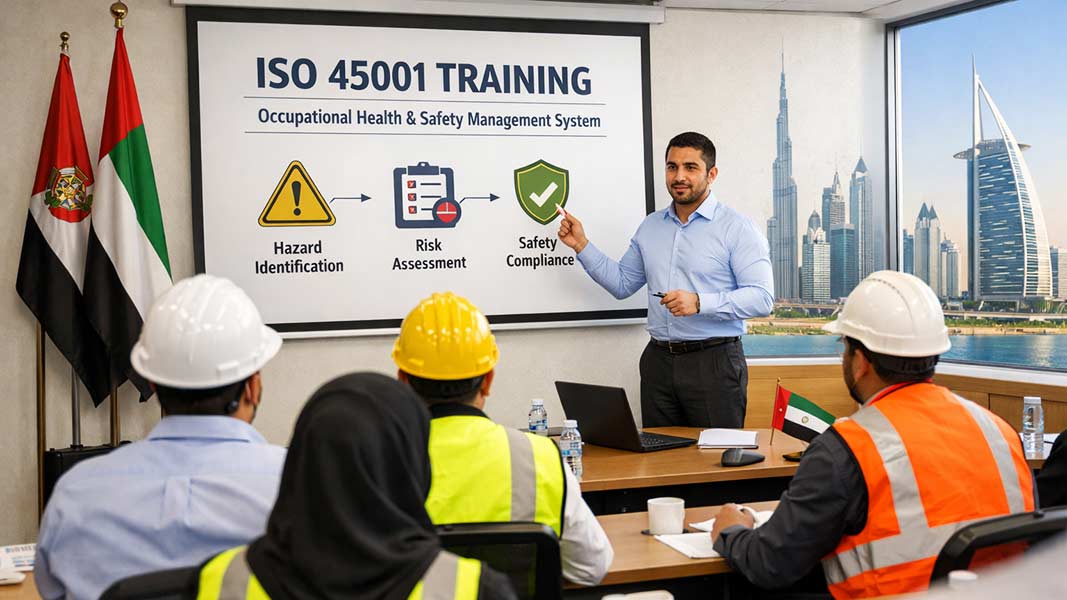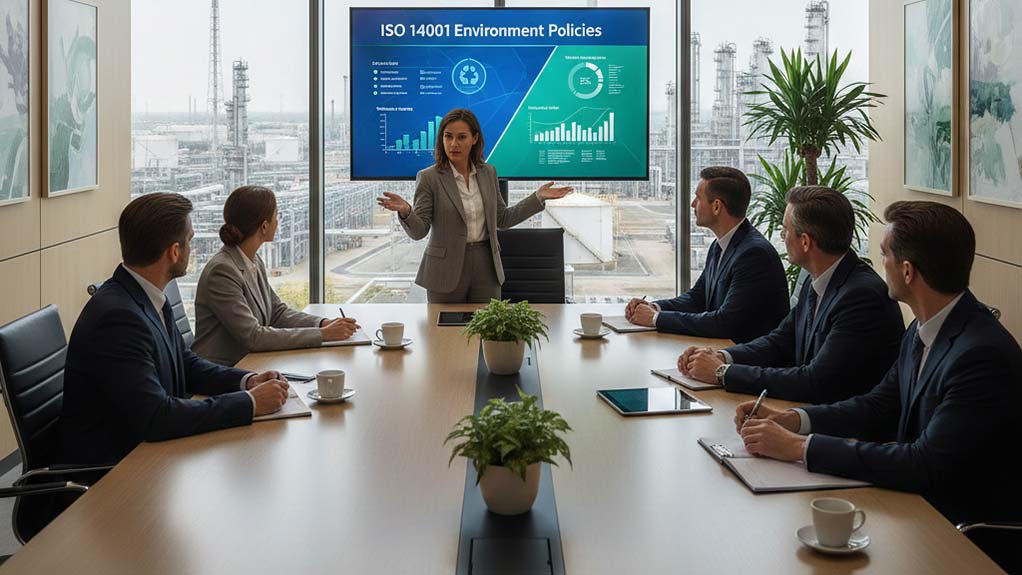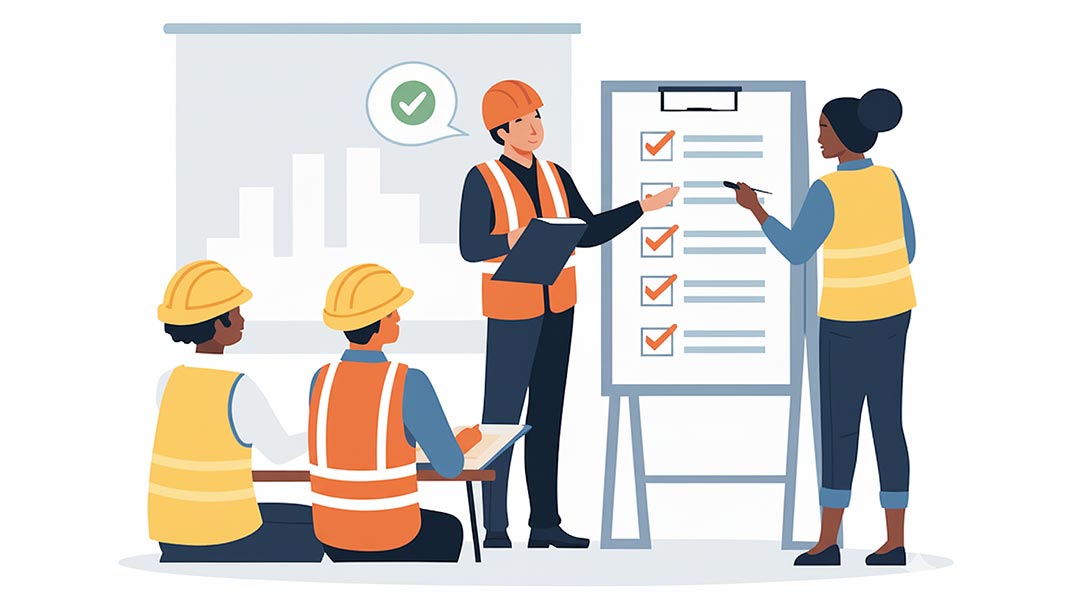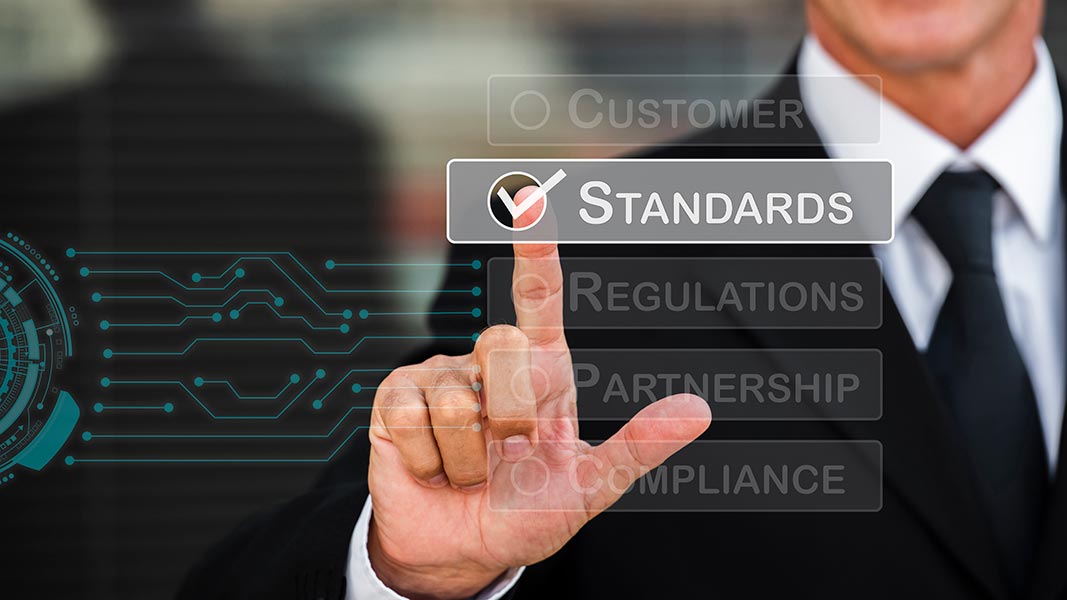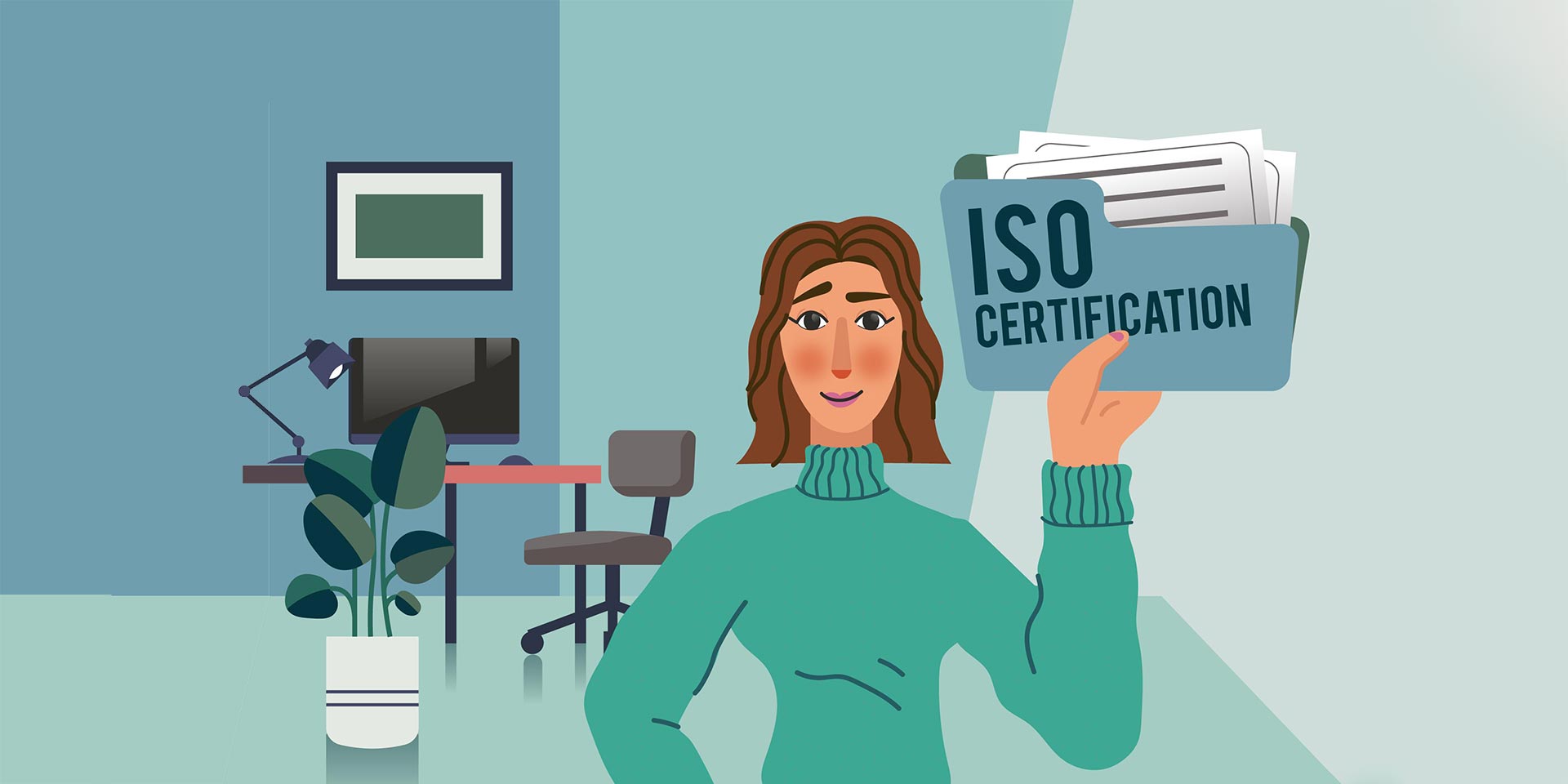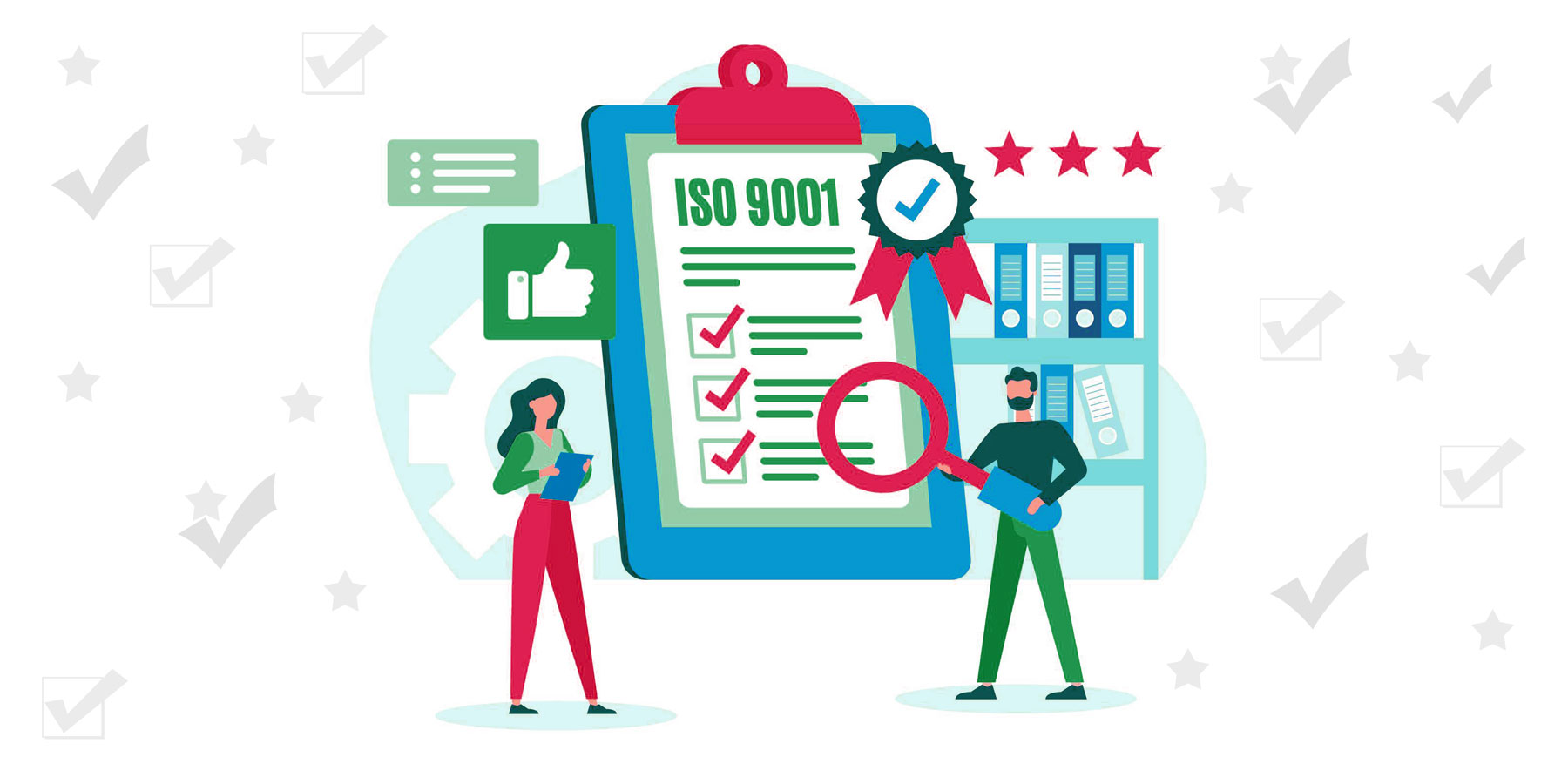Initial Assessment:
Achieving ISO certification in UAE begins with a deep dive into your business operations and that starts with the initial assessment. This step is crucial because it helps you understand where your company stands in relation to the specific ISO standards you aim to achieve. Think of it as a baseline for your journey toward excellence.
During the initial assessment, a thorough review of your current processes, procedures and management systems is conducted. This audit can be either internal or external, depending on your business needs. The purpose is to identify gaps and weaknesses in your existing practices, making it clear what needs to be improved to align with the ISO standard.
The importance of this phase cannot be overstated. It’s not just about ticking boxes; it’s about gaining clarity on what areas of your operations need attention. At Eduskills Training FZE, we’ve seen businesses successfully identify inefficiencies, which helped them optimize workflows, reduce costs and enhance quality standards. From there, you can start building a robust framework that meets the certification requirements.
Key Elements of the Initial Assessment:
- Current State Evaluation: Review of your existing processes and practices.
- Gap Analysis: Identifying gaps between your current practices and ISO requirements.
- Action Plan: Establishing a clear plan to address the identified gaps.
Implementation:
Once the initial assessment is completed, the next stage is implementation and this is where the real work begins. The implementation phase is about making meaningful changes to your business processes that align with ISO standards. It’s about introducing systematic, measurable improvements in your daily operations, ensuring that everything is aligned with the best practices defined by the relevant ISO standard.
During this phase, you’ll need to develop and document new procedures, policies and workflows that meet the ISO standards. But implementation goes beyond just paperwork. It’s about embedding these practices into the fabric of your company culture and daily operations. For example, if you’re working toward ISO 9001 (Quality Management), this might involve redesigning your quality control procedures, ensuring that every product or service you deliver meets established quality benchmarks.
You will also need to train employees across all levels of the organization to ensure they understand the changes and how to apply them effectively. Proper documentation is essential during this phase, as it provides a trail of evidence for future audits and helps ensure consistency and accountability.
Key Steps in the Implementation Phase:
- Process Redesign: Refining and optimizing existing business processes.
- Employee Training: Educating staff on new practices, procedures and standards.
- Documentation: Creating thorough records of all processes, procedures and improvements.
Certification Process:
The final stage of the journey is the certification process. This is when your efforts culminate in an external audit by a certified body. The purpose of this audit is to ensure that your organization is fully compliant with the ISO standard you’ve been working toward. It’s not just about a simple review of paperwork; it’s about validating that your practices and processes are being consistently applied across your business.
During the certification audit, an external auditor will assess the entire scope of your operations. They’ll review documentation, inspect records and conduct interviews with your employees to ensure that everything aligns with the ISO requirements. It’s a rigorous process, but the good news is that by this point, you’ll be well-prepared because of your careful planning, implementation and internal audits.
If your organization passes the certification audit, you’ll receive the official ISO certification, which serves as a recognition of your commitment to quality, safety and excellence. This certification must be renewed periodically, typically every three years, through surveillance audits to ensure that your systems remain compliant with ISO standards.
Key Steps in the Certification Process:
- Pre-Audit Checks: Conducting internal audits to ensure readiness.
- External Audit: A formal assessment by an accredited certification body.
- Final Certification: Receiving official ISO certification if all requirements are met.
- Ongoing Compliance: Participating in periodic surveillance audits to maintain certification.
Achieving ISO certification is not a one-time event; it’s an ongoing commitment to continuous improvement. At Eduskills Training FZE, we guide businesses through every step of this journey, from the initial assessment all the way to maintaining certification. Our expert consultants provide the knowledge and tools needed to make this process as seamless as possible, ensuring that your business thrives in the long run.
